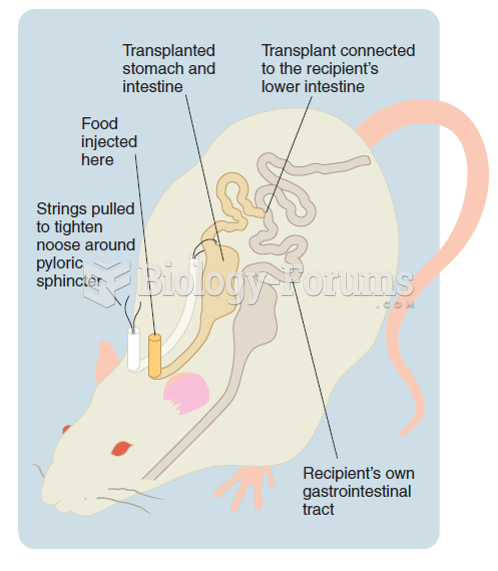|
|
|
Did you know?
Approximately 15–25% of recognized pregnancies end in miscarriage. However, many miscarriages often occur before a woman even knows she is pregnant.
Did you know?
The human body produces and destroys 15 million blood cells every second.
Did you know?
The first monoclonal antibodies were made exclusively from mouse cells. Some are now fully human, which means they are likely to be safer and may be more effective than older monoclonal antibodies.
Did you know?
In most cases, kidneys can recover from almost complete loss of function, such as in acute kidney (renal) failure.
Did you know?
The most common treatment options for addiction include psychotherapy, support groups, and individual counseling.
 Fibroid tumors, or leiomyomas. Fibroids develop from the uterus to form a variety of hard, round ben
Fibroid tumors, or leiomyomas. Fibroids develop from the uterus to form a variety of hard, round ben
 In one-male group species, extra males typically reside in all-male “bachelor” groups. These are Han
In one-male group species, extra males typically reside in all-male “bachelor” groups. These are Han
 Men who are at risk for heart disease and report work-related stressors are at greater risk of death ...
Men who are at risk for heart disease and report work-related stressors are at greater risk of death ...




